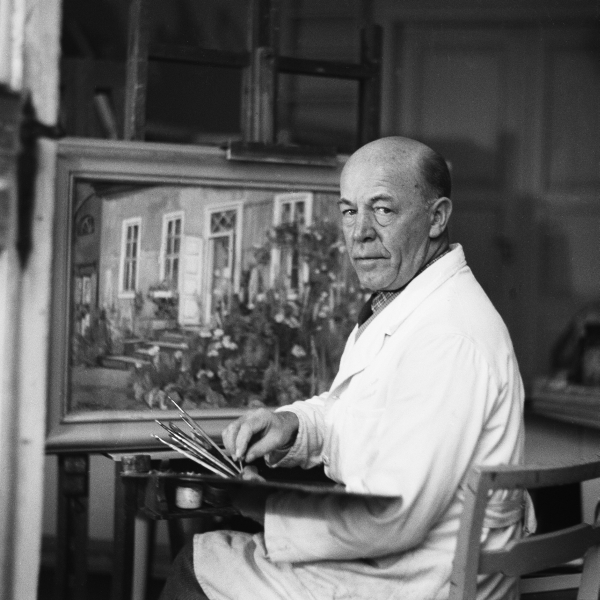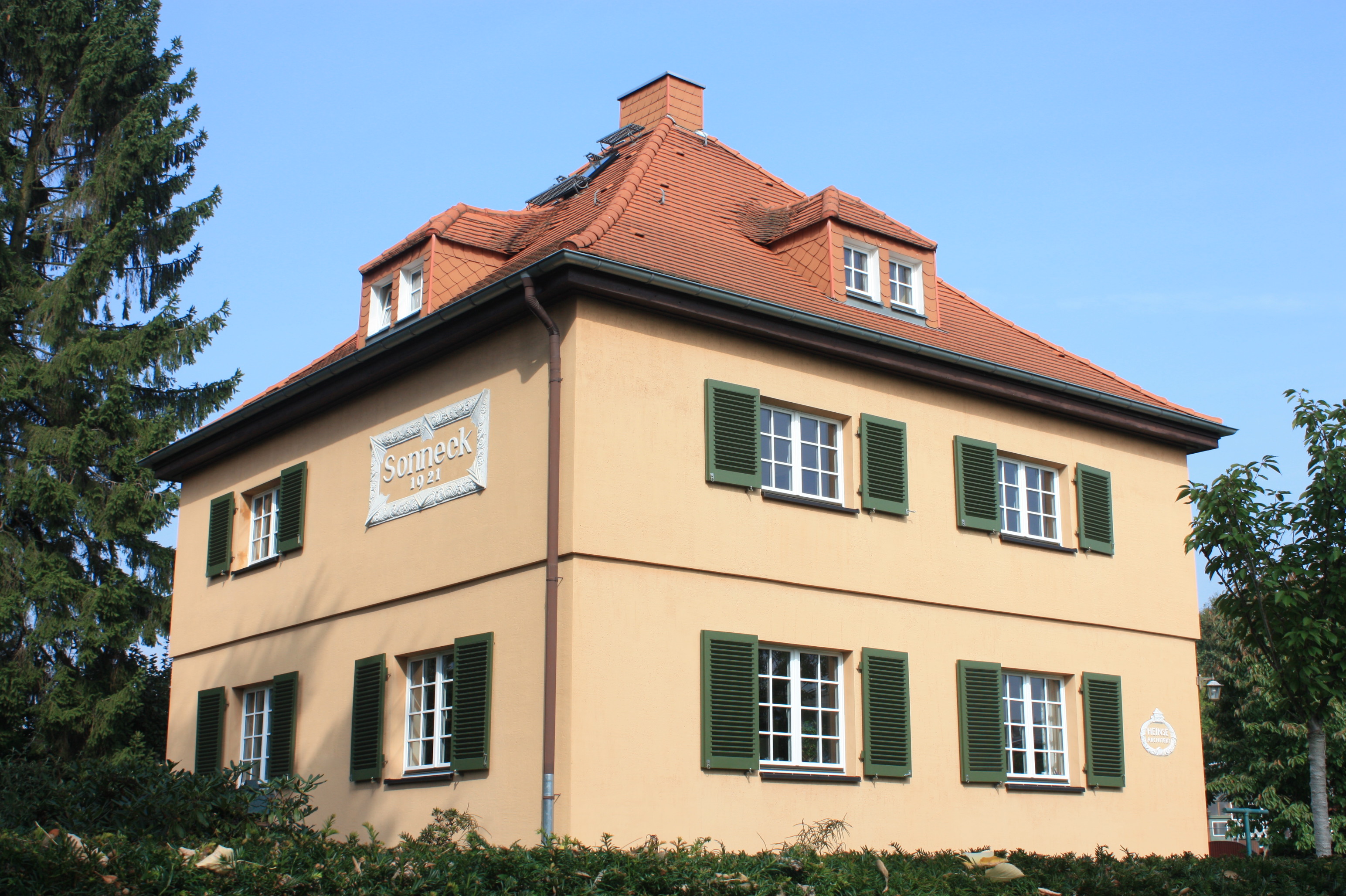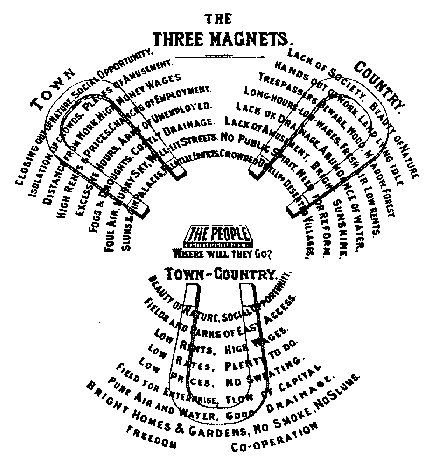|
Karl Schmidt-Hellerau
Karl Camillo Schmidt-Hellerau (1 February 1873 – 6 November 1948) was a German carpenter, furniture manufacturer and social reformer. He was born in Zschopau, and is notable as the founder of Hellerau Hellerau is a northern quarter ''(Stadtteil)'' in the city of Dresden, Germany, slightly south of Dresden Airport. It was the first garden city in Germany. The northern section of Hellerau absorbed the village of Klotzsche, where some 18th cent ..., Germany's first garden city, where he died. 1873 births 1948 deaths People from Zschopau German furniture makers German carpenters German social reformers {{Germany-business-bio-stub ... [...More Info...] [...Related Items...] OR: [Wikipedia] [Google] [Baidu] |
Zschopau
Zschopau (), is a town in the Erzgebirgskreis district of Saxony, Germany. Geography The town is located on the northwestern slopes of the Ore Mountains, on both Bank (geography), banks of the Zschopau (river), Zschopau River, about south-east from Chemnitz. The highest point is Mt. Pilzhübel with an elevation of . The municipal area comprises the village of Krumhermersdorf, incorporated in 1999. Since German reunification, Zschopau has lost about one fourth of its population. Zschopau is famous for its motorcycle industry, particularly the DKW and MZ Motorrad- und Zweiradwerk GmbH brands, and the toy business VEB Plasticart. Zschopau has a handsome parish church dedicated to St Martin, a town hall and a Wildeck Castle, castle (Schloss Wildeck), whose construction started in the twelfth century. Historical population Notable people * Heinz Auerswald (1891-1974), painter not to be confused with Heinz Auerswald German lawyer, Nazi party, 1908 - 1970 * Marcus Burghardt (born ... [...More Info...] [...Related Items...] OR: [Wikipedia] [Google] [Baidu] |
Hellerau
Hellerau is a northern quarter ''(Stadtteil)'' in the city of Dresden, Germany, slightly south of Dresden Airport. It was the first garden city in Germany. The northern section of Hellerau absorbed the village of Klotzsche, where some 18th century buildings remain. Origins Based on the ideas of Ebenezer Howard, businessman Karl Schmidt-Hellerau founded Hellerau near Dresden in 1909. The idea was to create an organic, planned community. Several well-known architects participated in its construction, including Richard Riemerschmid, Heinrich Tessenow, Hermann Muthesius, Kurt Frick, Georg Metzendorf, Wilhelm Kreis and Bruno Paul. Whilst the concept of Hellerau builds on the first garden city, at Letchworth in the UK, it in turn went on to influence other similar developments elsewhere. Specifically, the Catalan architect Rafael Masó i Valentí visited Hellerau in 1912, and went on to build the garden community at S'Agaró on the Costa Brava in Spain. Hellerau attracted cultural ... [...More Info...] [...Related Items...] OR: [Wikipedia] [Google] [Baidu] |
Garden City Movement
The garden city movement was a 20th century urban planning movement promoting satellite communities surrounding the central city and separated with greenbelts. These Garden Cities would contain proportionate areas of residences, industry, and agriculture. Ebenezer Howard first posited the idea in 1898 as a way to capture the primary benefits of the countryside and the city while avoiding the disadvantages presented by both. In the early 20th century, Letchworth, Brentham Garden Suburb and Welwyn Garden City were built in or near London according to Howard's concept and many other garden cities inspired by his model have since been built all over the world. History Conception Inspired by the utopian novel ''Looking Backward'' and Henry George's work ''Progress and Poverty'', Howard published the book '': a Peaceful Path to Real Reform'' in 1898 (which was reissued in 1902 as ''Garden Cities of To-morrow''). His idealised garden city would house 32,000 people on a site of , pl ... [...More Info...] [...Related Items...] OR: [Wikipedia] [Google] [Baidu] |
1873 Births
Events January–March * January 1 ** Japan adopts the Gregorian calendar. ** The California Penal Code goes into effect. * January 17 – American Indian Wars: Modoc War: First Battle of the Stronghold – Modoc Indians defeat the United States Army. * February 11 – The Spanish Cortes deposes King Amadeus I, and proclaims the First Spanish Republic. * February 12 ** Emilio Castelar, the former foreign minister, becomes prime minister of the new Spanish Republic. ** The Coinage Act of 1873 in the United States is signed into law by President Ulysses S. Grant; coming into effect on April 1, it ends bimetallism in the U.S., and places the country on the gold standard. * February 20 ** The University of California opens its first medical school in San Francisco. ** British naval officer John Moresby discovers the site of Port Moresby, and claims the land for Britain. * March 3 – Censorship: The United States Congress enacts the Comstock Law, making it ... [...More Info...] [...Related Items...] OR: [Wikipedia] [Google] [Baidu] |
1948 Deaths
Events January * January 1 ** The General Agreement on Tariffs and Trade (GATT) is inaugurated. ** The Constitution of New Jersey (later subject to amendment) goes into effect. ** The railways of Britain are nationalized, to form British Railways. * January 4 – Burma gains its independence from the United Kingdom, becoming an independent republic, named the ''Union of Burma'', with Sao Shwe Thaik as its first President, and U Nu its first Prime Minister. * January 5 ** Warner Brothers shows the first color newsreel (''Tournament of Roses Parade'' and the '' Rose Bowl Game''). ** The first Kinsey Report, ''Sexual Behavior in the Human Male'', is published in the United States. * January 7 – Mantell UFO incident: Kentucky Air National Guard pilot Thomas Mantell crashes while in pursuit of an unidentified flying object. * January 12 – Mahatma Gandhi begins his fast-unto-death in Delhi, to stop communal violence during the Partition of India. * January 1 ... [...More Info...] [...Related Items...] OR: [Wikipedia] [Google] [Baidu] |
People From Zschopau
A person ( : people) is a being that has certain capacities or attributes such as reason, morality, consciousness or self-consciousness, and being a part of a culturally established form of social relations such as kinship, ownership of property, or legal responsibility. The defining features of personhood and, consequently, what makes a person count as a person, differ widely among cultures and contexts. In addition to the question of personhood, of what makes a being count as a person to begin with, there are further questions about personal identity and self: both about what makes any particular person that particular person instead of another, and about what makes a person at one time the same person as they were or will be at another time despite any intervening changes. The plural form "people" is often used to refer to an entire nation or ethnic group (as in "a people"), and this was the original meaning of the word; it subsequently acquired its use as a plural form of per ... [...More Info...] [...Related Items...] OR: [Wikipedia] [Google] [Baidu] |
German Furniture Makers
German(s) may refer to: * Germany (of or related to) ** Germania (historical use) * Germans, citizens of Germany, people of German ancestry, or native speakers of the German language ** For citizens of Germany, see also German nationality law **Germanic peoples (Roman times) * German language **any of the Germanic languages * German cuisine, traditional foods of Germany People * German (given name) * German (surname) * Germán, a Spanish name Places * German (parish), Isle of Man * German, Albania, or Gërmej * German, Bulgaria * German, Iran * German, North Macedonia * German, New York, U.S. * Agios Germanos, Greece Other uses * German (mythology), a South Slavic mythological being * Germans (band), a Canadian rock band * "German" (song), a 2019 song by No Money Enterprise * ''The German'', a 2008 short film * "The Germans", an episode of ''Fawlty Towers'' * ''The German'', a nickname for Congolese rebel André Kisase Ngandu See also * Germanic (other) * ... [...More Info...] [...Related Items...] OR: [Wikipedia] [Google] [Baidu] |
German Carpenters
German(s) may refer to: * Germany (of or related to) **Germania (historical use) * Germans, citizens of Germany, people of German ancestry, or native speakers of the German language ** For citizens of Germany, see also German nationality law **Germanic peoples (Roman times) * German language **any of the Germanic languages * German cuisine, traditional foods of Germany People * German (given name) * German (surname) * Germán, a Spanish name Places * German (parish), Isle of Man * German, Albania, or Gërmej * German, Bulgaria * German, Iran * German, North Macedonia * German, New York, U.S. * Agios Germanos, Greece Other uses * German (mythology), a South Slavic mythological being * Germans (band), a Canadian rock band * "German" (song), a 2019 song by No Money Enterprise * ''The German'', a 2008 short film * "The Germans", an episode of ''Fawlty Towers'' * ''The German'', a nickname for Congolese rebel André Kisase Ngandu See also * Germanic (other) * Germa ... [...More Info...] [...Related Items...] OR: [Wikipedia] [Google] [Baidu] |





_1938.jpg)